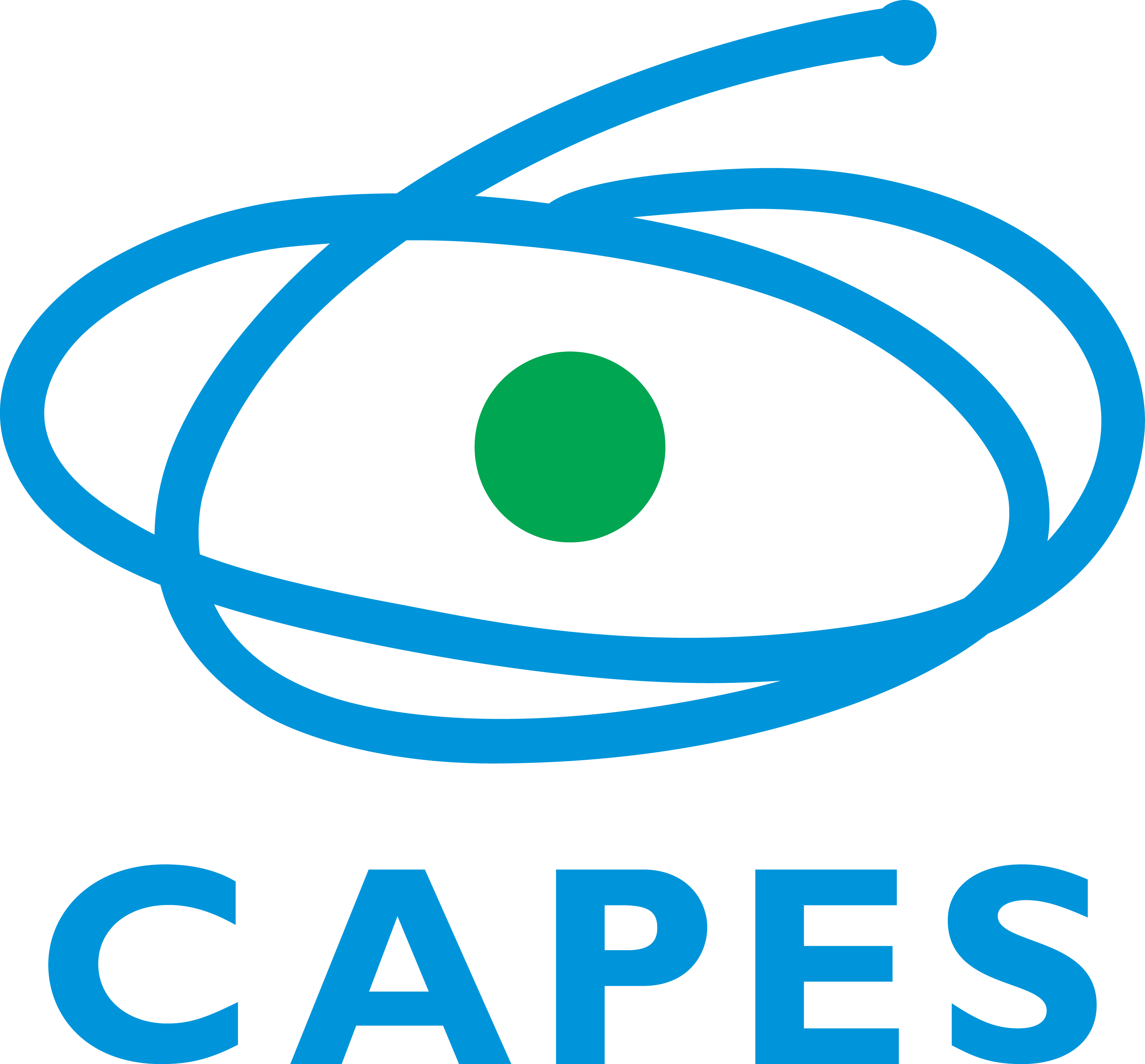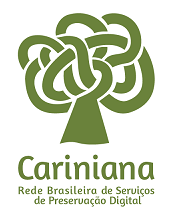
About the Journal
Focus and Scope
Antíteses is a biannual online electronic journal in Open Access, in the system ahead of print and closed volume, of the Programa de Pós-Graduação em História Social da Universidade Estadual de Londrina. After a peer-review process, it publishes original multidisciplinary contributions from a historical perspective, in Portuguese, Spanish and English.
ISSN: 1984-3356
The journal counts on
a - Editor, with a mandate of 2 (two) years, chosen among the members of the PPGHS-UEL;
b - Deputy Editors, specific for a section or collection, chosen among UEL professors or other PhD professors (in this case, as assistants);
c - External advisory board, composed of researchers linked to various national and international universities and research centres;
d - Dossier Coordinators.
In addition to the members indicated above, each issue has ad hoc reviewers, all with doctoral degrees.
The journal will receive original articles (unpublished) for the following sections:
- Dossier articles with a due date: Dossiers will be mandatorily organized by two PhDs, at least one of which must be affiliated with a foreign research and/or teaching institution. The organizers, together with the Editorial Committee, are responsible for coordinating the evaluation and editing process of the articles that compose the dossier. The dossiers will consist of a number between 5 and 8 articles, all of them exclusively authored by Ph.
- Continuous flow articles: The journal receives throughout the year articles on various themes related to its scope. All articles must be written exclusively by Ph.
- Scientific societies: The Editorial Committee invites scientific societies or research groups, national and foreign, to organize a section of articles that relate to the group's activities. In each issue, 4 to 6 articles will be published in this section. As the texts of the other sections, those sent to this section undergo a double-blind evaluation.
- Interviews: The journal publishes, sporadically, interviews with personalities and/or academics with relevant production. The interviews will be evaluated by the Editorial Committee.
- First Steps: The journal selects up to 4 articles by number of masters or doctoral students in History.
- Reviews: They can be made on national books, with up to 2 years of edition, and foreign books, with up to 3 years of edition.
- Translations: In case of academic interest, the journal will publish translations.
The journal may include collections or special issues, always observing the same editorial norms.
Contributions sent for publication will take up to 6 (six) months to issue an opinion to the authors and up to 6 (six) months to be published, in case of acceptance.
Once edited, the text will be sent to the author for final approval and publication.
The professors of the Department of History and of the Graduate Program in Social History of UEL will be able to present collaborations in up to 25% of the works per issue and the author will be prevented from participating again in this condition for two years.
Sources of permanent financing and occasional partnerships will be sought.
The journal will seek to follow all CAPES recommendations for academic publications.
Peer Review Process
The Journal follows the "double blind peer review" process. Articles will be sent to a minimum of 2 (two) ad hoc reviewers external to the editorial committee. When submitting a text, the authors must fill out a form indicating possible reviewers with whom they may have conflicts of interest.
For the selection of reviewers, the editors use institutional diversity between author and reviewer as one of the criteria. Upon accepting to evaluate the article, each evaluator fills out a declaration that he or she has no conflict of interest, which includes not knowing the authorship of the text. Before sending the article, section editors check that the acknowledgement of authorship has been removed from the article and the document's properties. The researchers chosen for the evaluation, as experts in the area of research, have autonomy to decide on the merit, indicating or not the publication through the completion of an evaluation form. This form contains the options approved, approved with modifications (which must be indicated and justified) and disapproved. In case of discordant evaluations, the article will be sent to a third evaluator with similar characteristics to the previous ones, who will issue the final decision. Each evaluator may make only one evaluation per issue.
The entire evaluation process is carried out through the system so that the different stages are registered.
Publication Frequency
Antíteses is a biannual publication. Each year, two issues are published in the same volume.
Open Access Policy
Antíteses is a signatory of the San Francisco Declaration on Research Assessment (DORA) - https://sfdora.org/
The journal offers free and immediate open access to all of its content, with no charges to authors or readers. This policy is grounded in the belief that free public access to scientific knowledge promotes greater global democratization of information.
Antíteses adheres to the DOAJ's definition of Open Access, which allows users to:
-
Freely access, read, download, copy, distribute, print, search, and link to full texts,
-
Use the material in software or for any legal purpose - as long as the terms of the Creative Commons Attribution CC-BY 4.0 International License are respected.
Indexadores
BASE (Germany)
Crossref (UK)
Diadorim (Brazil)
Dialnet (Spain)
DOAJ (Sweden)
ERIH PLUS (Norway)
Emerging Sources Citation Index
EZB (Germany)
Google Scholar (USA)
Keepers (UK)
Latindex 2.0 (México)
RCAAP (Portugal)
ROAD (Unesco)
Sumários de Revistas Brasileiras (Brazil)
WorldCat (USA)
Copyright
Copyright of published articles remains entirely with the authors, without restrictions. If the article is republished in whole or in part, the original publication in Antíteses must be cited.
All content is protected under the Creative Commons Attribution CC-BY 4.0 International License, which allows:
-
Sharing - to copy and redistribute in any format
-
Adapting - remixing, transforming, and building upon the material for any purpose, even commercially
Attribution is required, including:
-
Giving appropriate credit
-
Linking to the license
-
Indicating if changes were made
No additional restrictions (such as legal or technological measures) may be imposed to limit others from using the licensed work as permitted.
Copyright of published articles remains entirely with the authors, without restrictions. If the article is republished in whole or in part, the original publication in Antíteses must be cited.
All content is protected under the Creative Commons Attribution CC-BY 4.0 International License, which allows:
-
Sharing - to copy and redistribute in any format
-
Adapting - remixing, transforming, and building upon the material for any purpose, even commercially
Attribution is required, including:
-
Giving appropriate credit
-
Linking to the license
-
Indicating if changes were made
No additional restrictions (such as legal or technological measures) may be imposed to limit others from using the licensed work as permitted.
Plagiarism
Academic plagiarism constitutes serious misconduct and fraud. Copying someone else's work—or your own previously published work—without proper citation is unacceptable. Ideas and words of others must always be properly referenced.
Originality is first assessed by the reviewers. Plagiarism detection is performed using Ithenticate by Turnitin.
Ethical Standards
A copy of the research ethics approval document must be submitted as a supplementary file during submission.
All ethical principles for human or animal research must be observed. Articles reporting on research involving human subjects must comply with the ethical principles of the Declaration of Helsinki (1964, revised in 1975, 1983, 1989, 1996, 2000, and 2008) and applicable laws in the country where the research was conducted.
Sponsors





